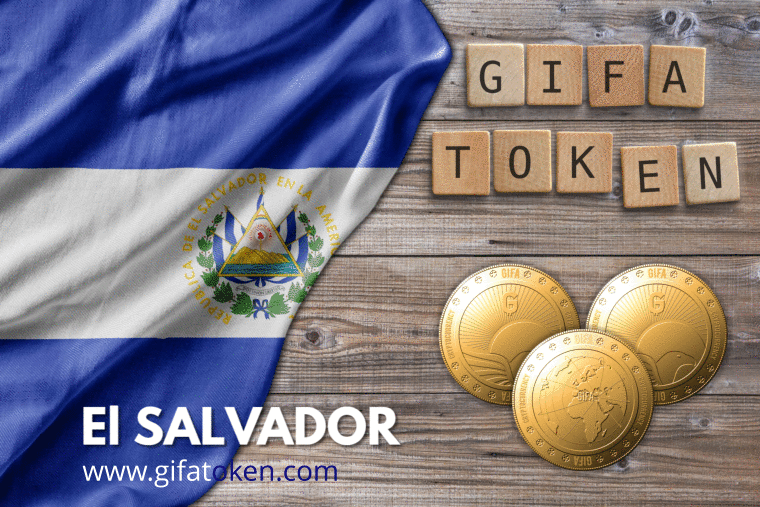El Salvador first country to accept Bitcoin as legal tender / GIFX exchange. El Salvador’s Congress turned heads when made bitcoin as a lega...
 |
| El Salvador first country to accept Bitcoin as legal tender / GIFX exchange. |
We like to take this very opportunity to say thank you to our amazing customers and investors. We’ll keep working hard to make sure that you can send money to your loved ones despite the challenges that the world throws at us, and we look forward to welcoming the next 100,000 users to our platform! El Salvador has used the U.S. dollar as its official currency since 2001, and now adopting cryptocurrency as legal tender is a brilliant move that will help reduce inflations and dependence on the decisions of a foreign central bank.
I’ve just instructed the president of @LaGeoSV (our state-owned geothermal electric company), to put up a plan to offer facilities for #Bitcoin mining with very cheap, 100% clean, 100% renewable, 0 emissions energy from our volcanos 🌋
— Nayib Bukele 🇸🇻 (@nayibbukele) June 9, 2021
This is going to evolve fast! 🇸🇻 pic.twitter.com/1316DV4YwT
Cryptocurrency adoption in El Zonte, for instance, had been a slow process but lately, bitcoin transactions in those emblematic surf towns drastically took off during the coronavirus pandemic when strict lockdown measures kept most people from leaving their homes. Many Salvadorans started doing business working from homes and comfort zones, this allows them to sign up on some world's cryptocurrency platforms and making some money online.
Román Martínez is a fintech pioneer who introduced bitcoin ATM in El Zonte: “Our donor made three deliveries of $40 converted to bitcoin, for each of the community’s 500 families, and they were trained to use the application and now it’s normal to buy with bitcoin,” Martínez said. El Zonte got a Bitcoin ATM, which gives dollars in exchange for bitcoin or takes dollars and gives credit in bitcoin.
Jessica Velis, who runs the El Zonte business where the ATM is located, said some people here are already receiving remittances from abroad in various cryptocurrencies. According to the data from Statista, Salvadorans received some $6 billion in remittances last year from relatives living abroad, mostly in the United States and other parts of Europe. El Salvador is heavily reliant on remittances for national GDP. Cryptocurrency transactions and trading is still a niche opportunity for the majority of Salvadorans.
 |
| Two of El Salvador's small seaside cities, El Zonte and Punta Mango, have shaped Bitcoin economies, accepting it for groceries and utility funds. |
To spur national cryptocurrency adoption, president Bukele said the government would create a $150 million fund to allow people receiving payments in bitcoin to immediately convert them to dollars, reducing the risk of holding the fluctuating digital currency. He instructed the president of LaGeo SA de CV one of the state-owned geothermal electric companies, to offer facilities for Bitcoin mining with very cheap, 100% clean, 100% renewable, 0 emissions energy from the country's volcanos. And this shows that Bukele means business!
Crazy Days here at #Bitcoin Beach We are thrilled and humbled by the number of companies and governmental agencies that are putting everything into plans to support the rollout of Bitcoin as an official currency of #ElSalvador pic.twitter.com/anUVVJmPAT
— Bitcoin Beach (@Bitcoinbeach) June 15, 2021
Bukele added that adopting bitcoin could save on the expat's costs of sending money home. The monthly crypto transfers have raised over $1,000 - the money sent by the Salvadorans working abroad, which totaled around $1.7 million in May 2021 as compared to $424,000 a year earlier. At Olas Permanentes, one of the town’s most popular restaurants, customers have been able to pay for services using cryptocurrencies.
GIFA Wallet, in theory, offers a quick and cheap way to send money across borders without relying on traditional and often very costly remittance channels. GIFA Wallet App is a multi-currency digital wallet that the users can download from the App Store and Play Store to be installed on mobile phones, desktop computers, iPads, in order to access its online payment system.









